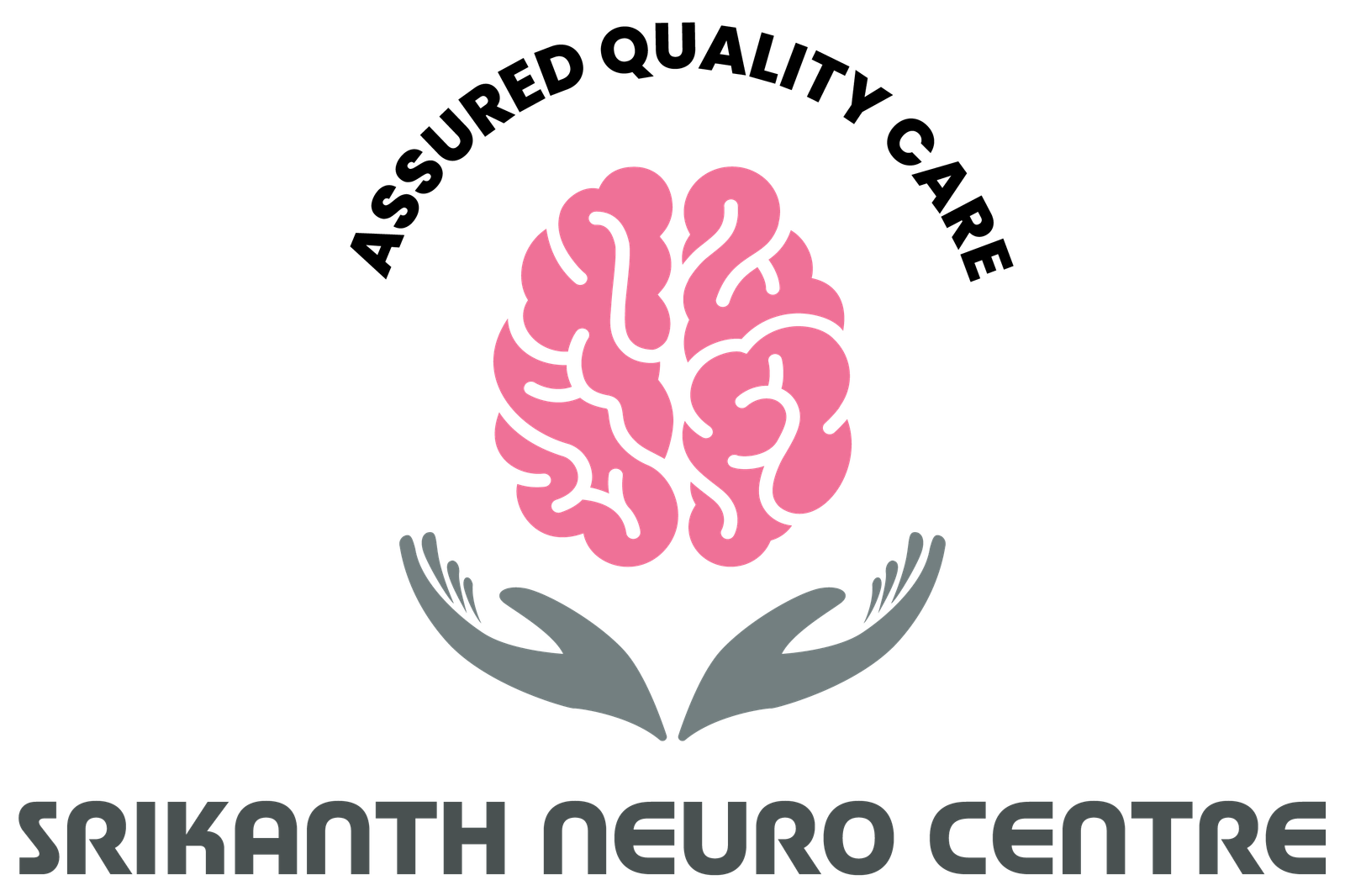Parkinson’s Disease
It is a disorder of the brain that leads to shaking (tremors) and difficulty with walking, movement, and coordination. Symptoms may be mild at first. For instance, you may have a mild tremor or a slight feeling that one leg or foot is stiff and dragging.

Symptoms may affect one or both sides of the body, and can include:
- Slow blinking (tremors involving half of the body)
- Constipation
- Difficulty swallowing
- Drooling
- Problems with balance and walking
- No expression in the face (like you are wearing a mask)
Parkinsons Disease Early signs
- Movement changes, such as tremors
- Coordination and balance impairments that can cause a person to drop things or fall over
- A loss of sense of smell
gait changes, so a person leans forward slightly or shuffles when walking - Fixed facial expressions due to changes in the nerves that control face muscles
- A voice tremor or softer voice
- More cramped and smaller handwriting
- Sleep problems resulting from restless legs and other factors
Causes
This disease most often occurs after age 50 and is one of the most common nervous system disorders of the elderly. Parkinson’s disease occurs when the nerve cells in the brain that make dopamine are slowly destroyed. In the absence of dopamine, the nerve cells cannot function properly which leads to the loss of muscle function. The damage gets worse with time. Exactly why these brain cells waste away is unknown.








